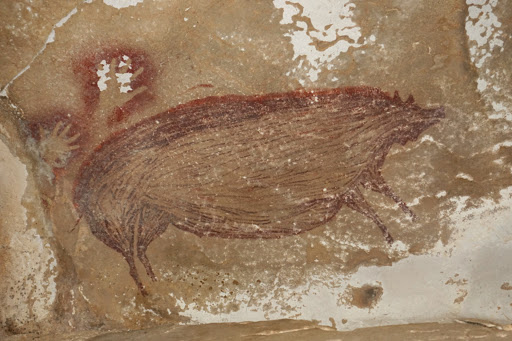US emissions in 2020 in biggest fall since World War II
The BBC has reported that US greenhouse gas emissions have dropped below their 1990 level for this first time as a result of the response to the coronavirus pandemic.
Research group Rhodium said that overall emissions are down over 10%, which is the largest fall since World War II.
Transport saw the biggest decline, with 2020 recording a 15% drop over 2019.
This is believed to be due to the widespread reaction to the coronavirus pandemic, with travel and much economic activity grinding to a halt.
In transport, the restrictions on travelling, both internationally and domestically, saw the demand for fuel fall drastically.
At the peak of restrictions demand for jet fuel was down 68% on 2019, with petrol down 40%.
Overall, the demand for electricity was down just 2% but emissions fell by over 10%.
“This was driven almost exclusively from the continued rapid decline of coal-fired power generation,” the report says.
One of the oldest known cave paintings found in Indonesia
Scientists have found one of the oldest known artistic depictions of a real-world object or living thing in a cave on the Indonesian island of Sulawesi. It’s a painting of a warty pig, an animal still found on Sulawesi, that was put on the cave’s back wall at least 45,500 years ago.
Researchers reported the discovery January 13 in Science Advances. The study’s author, Adam Brumm, an archaeologist at Griffith University in Brisbane, Australia said that the discovery adds to the evidence that “the first modern human cave art traditions did not emerge in Ice Age Europe, as long supposed, but perhaps earlier in Asia or even in Africa, where our species evolved”.
Sciencenews reports that the team considers it likely that Homo sapiens, rather than a closely related species such as Homo floresiensis painted on the Sulawesi cave walls.
Regular coffee consumption could keep prostate cancer at bay
According to a study published in the journal BMJ Open, “increased” coffee consumption may be linked to a reduction in risk of prostate cancer.
Researchers found that higher coffee consumption was associated with a reduced risk of prostate cancer. The research saw a team examine findings from 16 different studies.
The team from the Shengjing Hospital of China Medical University found that men who drink several cups of coffee a day had a lower risk of developing prostate cancer than those with the “lowest” consumption levels.
Each additional daily cup was associated with a reduction in risk of 1%, the findings suggest.
The analysis examined the data of over a million men across North America, Europe and Japan, and included information on around 58,000 men who had prostate cancer.
Caution was advised in the interpretation of the results, however, as participants’ recall was relied upon, and their recall may have been incorrect.



